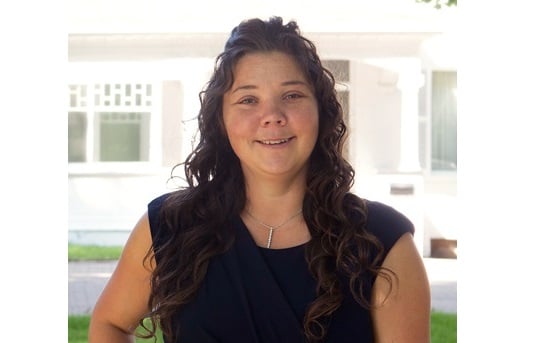Elise Hildebrandt and MBN discuss the affordability challenges first-time buyers struggle with

Elise Hilderbrandt specializes in providing alternative mortgage solutions for first-time buyers, as well as for self-employed individuals and other financially struggling segments. Outside of mortgages, Elise works with the Warman Chamber of Commerce and helps with the growth strategies of local businesses.
What is the current situation in your market?
Here in Warman, our market seems to be quite strong, especially for starter homes—that is, those around the $300,000 to $325,000 mark. Many of my clients would be considered among those who have gotten themselves into a bit of a financial bind.
Having worked as a mortgage broker for nearly a decade now, what has changed between the time you started and the present?
The biggest change is the way our lenders do financing, and the way the federal government continues to tinker with the regulations.
With the rules that came into effect on October 2016, I have a lot of first-time home buyers who—on an income of $45,000, which is what plenty of people aged around 25 years old are making—can now qualify to carry only a $190,000 mortgage. Even in Saskatchewan, that’s a very small amount.
What are the challenges that you often encounter?
Our federal government has really made it more difficult for people to buy houses. Often, a buyer has to take on two or three roommates to even begin carrying the costs. That’s probably my biggest frustration right now: The new rules have been put in place because we are hoping that a healthy housing market would prevent a crash—but while those in Toronto might say that it’s just as hard to buy a home as before, people in smaller communities like ours can’t even find anything anymore because they qualify for only $190,000 under the stress test.
In the meantime, credit card companies keep sending these young people letters saying that they’re approved to increase their limits by $5,000 or so. They keep saying, “Here, take more money, take more money”—and as soon as my clients run into a problem because of a job loss, the credit card companies throw up their hands, say it’s not their problem, and tell the people to deal with it on their own. Personally, I’d love to see the government come down hard on these companies and say, “Hey, just stop giving people the ability to spend more.”
What is the current situation in your market?
Here in Warman, our market seems to be quite strong, especially for starter homes—that is, those around the $300,000 to $325,000 mark. Many of my clients would be considered among those who have gotten themselves into a bit of a financial bind.
Having worked as a mortgage broker for nearly a decade now, what has changed between the time you started and the present?
The biggest change is the way our lenders do financing, and the way the federal government continues to tinker with the regulations.
With the rules that came into effect on October 2016, I have a lot of first-time home buyers who—on an income of $45,000, which is what plenty of people aged around 25 years old are making—can now qualify to carry only a $190,000 mortgage. Even in Saskatchewan, that’s a very small amount.
What are the challenges that you often encounter?
Our federal government has really made it more difficult for people to buy houses. Often, a buyer has to take on two or three roommates to even begin carrying the costs. That’s probably my biggest frustration right now: The new rules have been put in place because we are hoping that a healthy housing market would prevent a crash—but while those in Toronto might say that it’s just as hard to buy a home as before, people in smaller communities like ours can’t even find anything anymore because they qualify for only $190,000 under the stress test.
In the meantime, credit card companies keep sending these young people letters saying that they’re approved to increase their limits by $5,000 or so. They keep saying, “Here, take more money, take more money”—and as soon as my clients run into a problem because of a job loss, the credit card companies throw up their hands, say it’s not their problem, and tell the people to deal with it on their own. Personally, I’d love to see the government come down hard on these companies and say, “Hey, just stop giving people the ability to spend more.”



